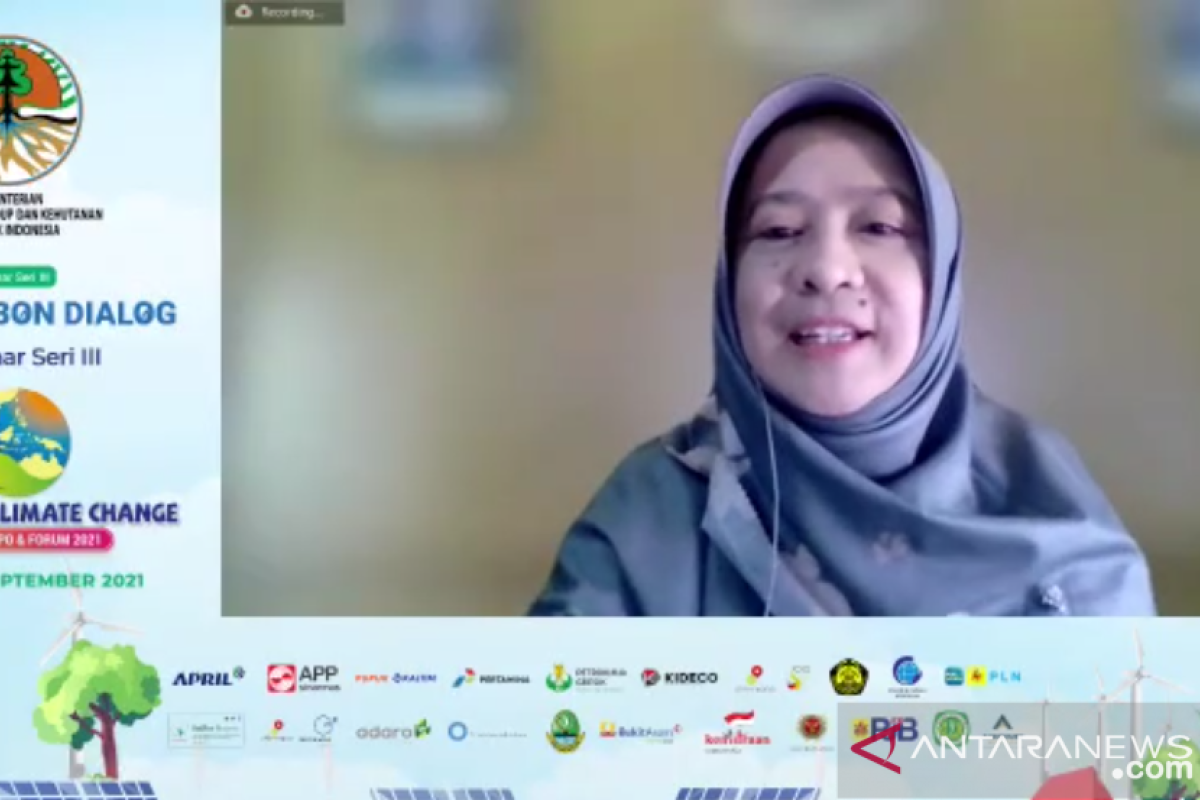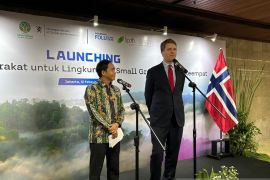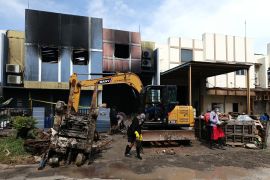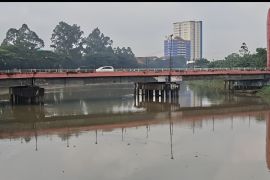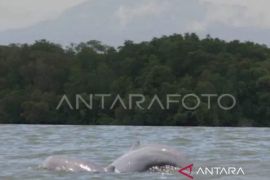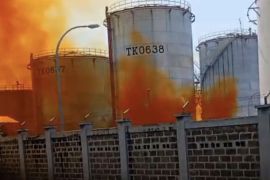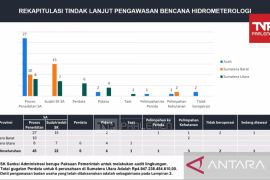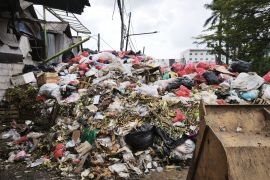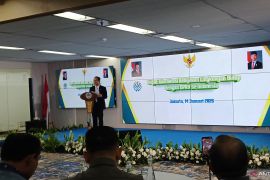"It should be noted that efforts to control climate change from the marine and coastal sectors is highly dependent on coastal and marine conservation itself," Director General of Climate Change Control (PPI) Laksmi Dwanthi stated during a virtual discussion on blue carbon here on Wednesday.
It is since coastal ecosystems, such as mangroves and seagrasses, can store and produce carbon or better known as blue carbon.
Blue carbon is currently considered as an important ecosystem since it can absorb greenhouse gas emissions. Currently, the forestry, energy, agriculture, and industry sectors are being prioritized to reduce greenhouse gas emissions.
Related news: Indonesia's carbon emission reduction depends on 5 sectors: minister
However, the potential for carbon sequestration and storage in the mangrove ecosystem will also be taken into account based on its ability to store carbon.
"The marine sector, including blue carbon, has actually been included in the calculation, especially mangroves or soils in mangroves. We will continue to look for other potential mangrove ecosystems that can absorb carbon," she affirmed.
Dwanthi explained that Indonesia continued to ensure a vision related to marine and climate change, along with other archipelagic countries in the world on account of the blue carbon potential.
Indonesia has vast blue carbon potential on account of the presence of about 3.3 million hectares of mangroves that can store 950 tCO2e of carbon per hectare and about three million hectares of seagrass beds that can store 119.5 tCO2e of carbon per hectare.
Related news: 1.5 billion workers to be affected by climate change: minister
Related news: Indonesia needs Rp3,461 trillion to tackle climate change: minister
Translator: Prisca Triferna Violleta, Katr
Editor: Yuni Arisandy Sinaga
Copyright © ANTARA 2021
